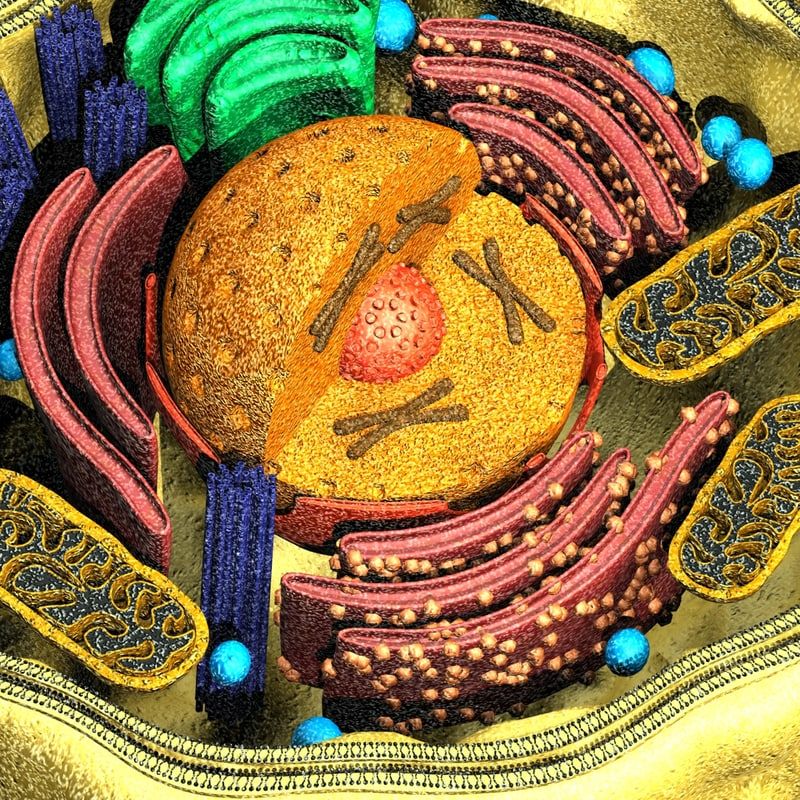S1

Bienvenue au cours d’Épidémiologie du Master 1 Microbiologie, dispensé au premier semestre. Ce module a pour vocation de vous initier aux principes fondamentaux de l’étude des maladies infectieuses et de leur dynamique au sein des populations. L’épidémiologie constitue une discipline clé pour comprendre la diffusion des agents microbiens, identifier les facteurs de risque et proposer des stratégies de prévention adaptées.
Au fil des séances, vous découvrirez les méthodes de collecte et d’analyse des données, l’interprétation des indicateurs de santé, ainsi que les outils statistiques et conceptuels nécessaires pour relier observations de terrain et recherche scientifique. L’intérêt de ce cours réside dans sa capacité à développer votre esprit critique et à vous préparer à contribuer à des projets de santé publique, de recherche biomédicale ou de surveillance épidémiologique.
Ce parcours vous permettra d’acquérir une vision intégrée, reliant microbiologie et santé des populations, essentielle pour vos futures responsabilités académiques et professionnelles.
- Teacher: Dr Eddaikra Atika
Le module aborde les fondamentaux des TIC, de la communication et de la recherche documentaire, en montrant comment les technologies facilitent le traitement et l’échange d’information. Il explore les infrastructures réseau et la sécurité des communications, en détaillant architectures, protocoles et bonnes pratiques de protection. La rédaction et la gestion de la communication écrite sont également couvertes : courriers, CV, articles scientifiques, normes de citation. Enfin, l’accent est mis sur l’intégration des données, des compétences numériques et des méthodes de recherche pour une communication professionnelle et académique rigoureuse.
- Teacher: BOUTEKFA Yacine

Dr Eddaikra Atika
Département de Biologie
Faculté des science de la nature et de la vie
Open source and free software tools are not only free, but also widely used in academic research. They promote reproducibility, transparency, and scientific collaboration.
The goals of this course are:
- Teacher: Dr Eddaikra Atika
- Teacher: Lounaci Lamia

This teaching covers the composition of the membrane as well as membrane models. It also highlights cellular physiology: From cellular organelles to membrane transport, The study of the cell: division, cellular communication, cellular signaling which can be a basis for understanding immune defense up to senescence are highlighted
Cellular physiology is the study of the functions and processes that take place within a living cell. It includes several areas of research, such as the transport of substances across the cell membrane, energy production, cellular communication, regulation of metabolic processes, cell growth and differentiation, and many more. Here are some aspects of cellular physiology:
Cellular transport: Cells must transport essential substances across their membrane to maintain their function. There are several transport mechanisms, such as diffusion, osmosis, endocytosis and exocytosis.
Cellular metabolism: Cells carry out metabolic processes to produce energy, synthesize molecules, and eliminate wastes. These processes include cellular respiration, photosynthesis, glycolysis and biosynthesis.
Cellular signaling: Cells communicate with each other through chemical signals to coordinate cellular responses and activities. This can involve hormones, neurotransmitters and signaling molecules.
Genetic Regulation: Cellular physiology also studies how genes are regulated and expressed in the cell to control the processes of development, differentiation, cell division and cell repair.
Cellular response to stimuli: Cells can respond to external stimuli, such as light, temperature, nutrients or pathogens, by adapting their functioning to maintain cellular homeostasis.
Knowledge of cellular physiology is essential to understanding the normal functioning of cells, as well as the mechanisms involved in diseases and potential therapies.
- Enseignant: Dr Eddaikra Atika
Ce cours est destiné aux étudiants de M1 microbiologie. Il permet aux étudiants d’améliorer leurs connaissances sur la structure et le fonctionnement des enzymes (cinétique enzymatique et mécanisme d’action). Nous allons aborder également les techniques d’extraction, de purification et d’utilisation des enzymes en industrie pharmaceutique, alimentaire, cosmétique….
- Teacher: chelghoum hayet
